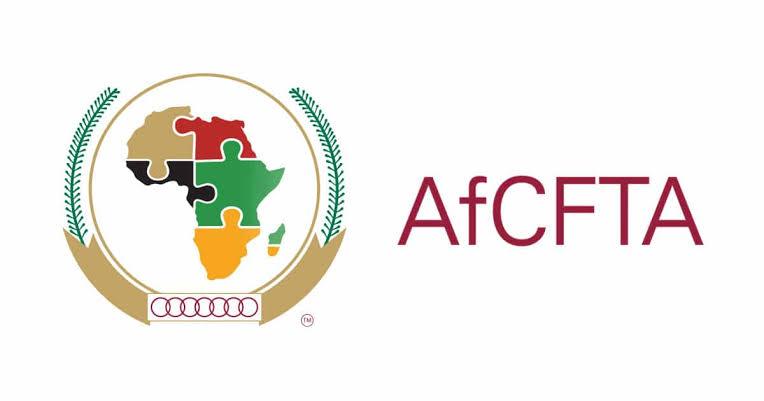Africa’s most popular country, Nigeria will next month begin the formal exportation of locally produced commodities to South Africa, Rwanda, Cameroon and Kenya on the platform of the Guided Trade Initiative (GTI) of the African Continental Free Trade Area (AfCFTA), the national centre of AfCFTA announced.
While some Nigerian companies already export goods to these nations, these exports are done on an informal basis. However, as of April 1, Nigerian enterprises will begin to export goods to African countries in accordance with the terms of the AfCFTA treaty.
Africa Today News, New York reports that with 54 of the 55 members of the African Union signing the AfCFTA, the number of participating countries makes it the largest free trade area in the world.
Executive Secretary, National Action Committee on AfCFTA, Olusegun Awolowo, who made the disclosure at the Abuja stakeholders workshop on the AfCFTA digital trade protocol, noted that though trading under AfCFTA was yet to start, the secretariat of the programme has introduced the GTI.
“We haven’t started trading in AfCFTA as we are still going through the protocols. But recently, the AfCFTA secretariat itself launched the GTI to get some countries to start trading outside their regional blocs.
“We’ve signed onto it and I think that by the end of April we are taking a few companies, big, medium and small enterprises to launch trading in Africa. All we are doing now is that we are going through and signing all the protocols, as well as finding a way on how to implement them.
Read Also: Despite AfCFTA Pact, African Trade Less Than 3% – Report
“We are now at the stage of implementation. Therefore, trading hasn’t really commenced under AfCFTA. It is not an overnight thing, you have to go through all the protocols, sign them and agree.
“However, we are hoping that we are able to start trading under the GTI, not on the main AfCFTA itself, by the end of April. So it will be on record that Nigeria has now started exporting officially, because informal trade is going on,” he said.
On some of the countries that had also signed onto the GTI scheme, Awolowo said: “We are going to South Africa, Kenya, Cameroon and Rwanda. This is under the GTI that was brought by AfCFTA, knowing that trade agreements take long.
“In fact, this AfCFTA is the fastest one. How long did it take the World Trade Organisation to get on ground? They are still signing protocols up till today but this is fastest one.
“It is an initiative that enables countries to chose. Let’s take companies and let them actually export from the various ports. Then we test the capacities of the ports, test the capacities of the shipments and the capacities of cargoes. Then the private sector can fully buy into it,” he said.
Awolowo stated that the adoption of the AfCFTA protocol marked a significant milestone in the journey towards economic integration and digital transformation.
“It signifies our commitment to leveraging digital technologies to enhance intra-African trade and drive sustainable economic growth,” he said.
“In the wake of this landmark achievement, it is imperative that we equip ourselves with the requisite knowledge and resources to seize the opportunities that lie ahead. Trade is competitive!
“In this regard, it is imperative that all stakeholders, particularly our esteemed Nigerian youth, embrace the AfCFTA Digital Trade Protocol as a catalyst for job creation, wealth generation, and socio-economic empowerment.
“The digital economy holds unparalleled potential to empower our youth, unleash their entrepreneurial spirit, and facilitate their meaningful participation in the global marketplace.”
On his part, the Senior Special Assistant to the President on Legal, Research and Compliance Matters in the Office of the Vice President, Bashir Maidugu, advised the government to get the youths involved in AfCFTA Digital trade.

